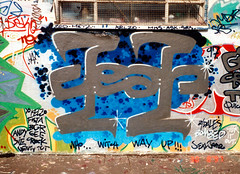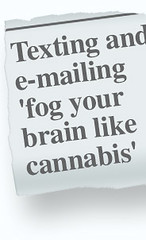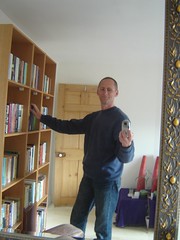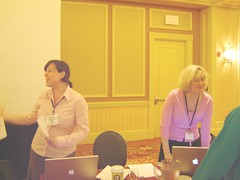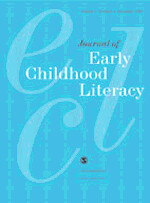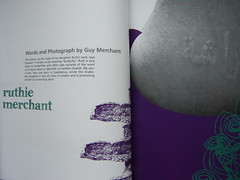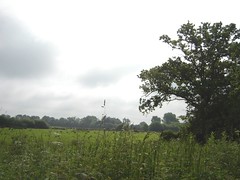
Winner
It's won a string of awards already and Somers Town is a great film. Shane Meadows always seems to come up with a new take on masculinities. Anyway there's a bit where the Polish boy gets drunk and a bit carried away and ends up trashing the flat. The next morning his father makes him a coffee, gently wakes him and apologises! Tears were running down my cheek at this point. It's so sensitively done. Whether it triggers the whole father-son thing or whether it's a broader theme about parents getting it wrong is unclear to me...but it's still powerful. And here's a YouTube teaser for Shane's next venture. I'm from Nottingham, too. Cool!
